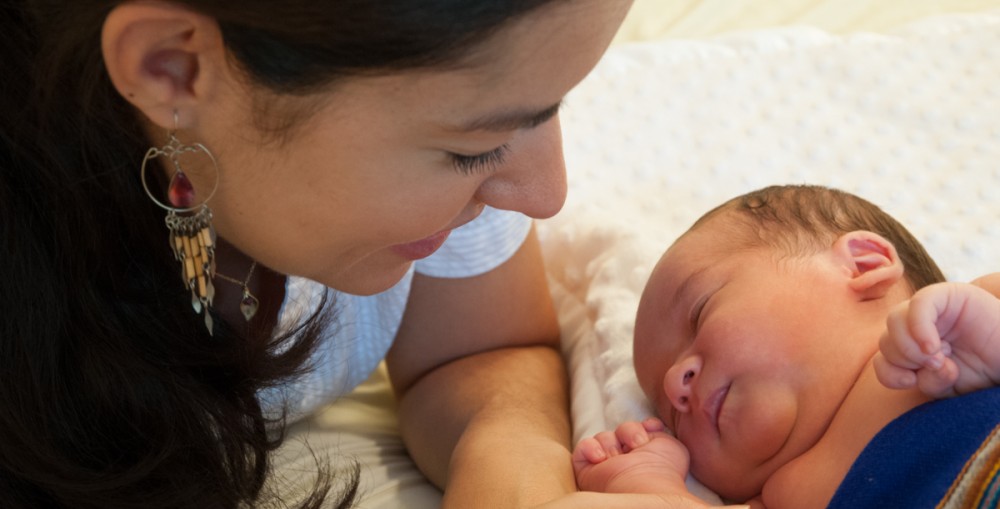I’ve ad this notion floating around in my head since the beginning of the semester when we watch a Walk to Beautiful and discussed early mother hood. My notion is that in countries with a lower life expectancy (and assuming that people often die way before the nation’s expected life expectancy age) there is a sort of need to have children earlier. Ethiopia for example has a life expectancy of 58.74 years old while the US has a life expectancy of 80.51 for females. That’s a difference of nearly 22 years. Assuming a lot of women don’t actually make it to this age Ethiopian women would have less time to have and care for the same number of children as American women even though they tend to have more children than American women. I feel like this explains a need to have children sooner so that you are alive long enough to raise them and help them through the early years of motherhood. However, I do recognize that having children young is a part of why these women have lower life expectancies.
http://en.wikipedia.org/wiki/List_of_countries_by_life_expectancy#List_by_the_United_Nations.2C_for_2009.E2.80.932012

Hey Stella, you make such a good point. It makes sense for women to start having their children earlier for just that reason-that death comes much earlier than in other countries and perhaps morbidities arise even earlier than that, making it difficult to physically care for the young. It may also be the role that females play in these societies-primarily that they exist to become mothers. Yet, as we’ve learned in class, there can be healthier pregnancies and births with a delay in first pregnancies until the body is mature. However, like many cultural practices, this one would be hard to change without really going against the grain. It takes a community to first realize the issues that arise with early motherhood, ways in which to change it, and reinforcement so that the change is maintained.
Hi Stella, I just wrote a blog post with a similar idea! I think it is important to consider the idea of the demographic transition when thinking about the age of first pregnancy and life expectancy. Applying this concept to the United States would also make sense in how many women are delaying their first pregnancies later than they ever have before. And while life expectancy definitely plays a significant role in this decision, I also think it is important to consider economic influences. Women are also becoming progressively career oriented, and are delaying marriage and childbearing so they can focus on competing in the job market with men, who often do not leave the workforce after the birth of a child. I found a really interesting study that considers several of these influences in the United States: http://www.guttmacher.org/pubs/social-economic-benefits.pdf.
I had never actually looked at it from that perspective. My question is, are they putting life expectancy numbers into consideration when they get married early, or is that simply a cultural tradition? It is possible that they noticed a trend in terms of premature mortality and lower life expectancies, causing them to want to have children earlier, but just like you said the young pregnancies are a part of what is causing these premature mortalities. It’s almost like a cycle. In terms of changing the practice, I think it would be difficult to do so. It all comes down to education, a topic we’ve stressed a great deal in class. It will take some time and a lot of awareness and teaching. Before that change is implemented, smaller steps can be taken, for example more measures should be taken to ensure that they have care or access to care before, during and after pregnancy to increase the child and the mothers survival rate.
Some global stats stolen from my favorite online resource (Global Health eLearning Center!!!!):
• ~50% of births in sub-Saharan Africa are to women < 20 yrs
• Latin America and Caribbean: 18% women give birth before 18 yrs
• South and Southeast Asia, 25% women give birth before 18 yrs
• Bangladesh: ~66% before 18 yrs
The suggestions I made at the beginning of the semester in my presentation said that timing of pregnancy was ideally 18-35.
The information in the online course states that it's pretty much all cultural, Adaora, like Deanna and Stella noted. We also discussed how education might be ideal to increase this age (I even played a quick video about this), but it is embedded in society. It certainly has to do with women's value as bearers of children. Ideally, marriage and then children. I guess when you have children so young, you really are in a vulnerable position in society, might be far away from your family, and kind of get sucked into this life that is totally different from what you envisioned. Also, maybe you didn't even want to get married, but your parents married you off.
Adding to Alyssa's note about the US, I saw a ton of data out there regarding the increasing age of women at first birth. Global data, however, was much more limited.
Cunningham, J., Plourde, K., Futrell, E., Dayton, R., Doggett, E., & Scholl, E. (2014, February 11). Youth and Sexual Reproductive Health (Update). Global Health eLearning Center. Retrieved from http://www.globalhealthlearning.org/course/youth-sexual-and-reproductive-health-update